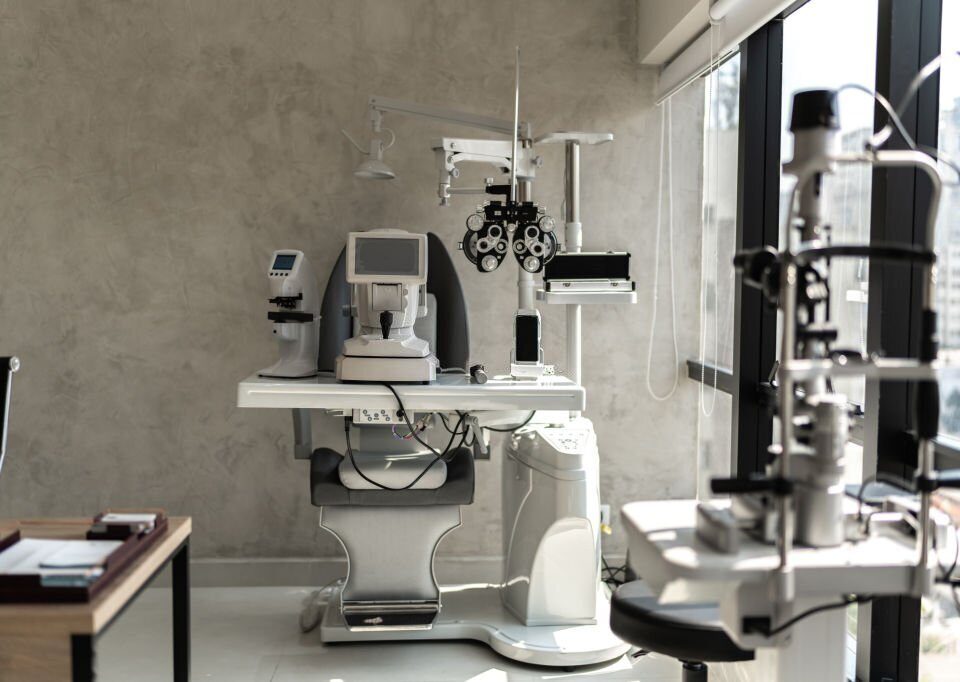Things To Know About Corneal Ulcer

Reasons for Wearing Glasses
March 7, 2023Conditions that affect your eyes and are very uncomfortable should not be ignored because they will eventually impair your vision. Your eyes may become infected with a variety of infections brought on by harmful bacteria, fungi, and viruses.
Your eyes are affected in many different ways by these infections, but the cornea, which is located directly in front of the eyes, is the most frequently affected area. The cornea is frequently affected by corneal ulcers. If not treated right away, it might be life threatening.
Table of Contents
ToggleWhat exactly is a corneal ulcer?
A corneal ulcer may result from an infection that affects the cornea, a thin transparent layer of tissue that is visible as the black part of the eye.
A corneal ulcer is an open sore that can develop for several reasons. In addition to infection, corneal trauma, excessive or improper contact lens use, and dry eyes are other causes of corneal ulcers.
Corneal ulcers can be avoided, but they must be treated quickly because they can result in permanent vision loss.
In fact, when the cornea begins to appear milky or opaque rather than clear and transparent, corneal ulcers can be seen.
Causes of Corneal Ulcers
The origins of corneal ulcers can be attributed to a number of different factors.
Infections of the cornea continue to be the main factor contributing to the development of a corneal ulcer. Bacteria, fungi, and viruses are all potential culprits for these infections.
Contact lens wearers frequently develop bacterially-induced corneal ulcers. This may result in corneal ulceration and eventually blindness.
Herpes simplex virus infections are typically the cause of corneal ulcers. It is brought on by the compromised immune system and causes sores in the eyes to flare up.
Fungal infections that cause corneal ulcers result from vegetative matter scratching the cornea.
Cure for Corneal Ulcers
The type of infection that caused the corneal ulcer will determine the treatment. Your doctor will recommend the right drugs to treat the infection.
If medication doesn’t help, another option for treatment is corneal transplant surgery. The corneal tissue is taken out and replaced with fresh donor tissue in this procedure.
Make sure you discuss the potential risks and benefits of a corneal transplant with your doctor before making a decision.
Your surgeon will advise you to follow up regularly after surgery, and you should watch out for any risks like eye irritation, redness, and pus discharge.
What Makes Dr. Parul’s Eye Hospital the Best?
The best eye doctor in Zirakpur who specializes in treating corneal ulcers is Dr. Parul’s Eye Hospital.
It is crucial to determine the cause and origin of the infection in addition to the corneal ulcer’s presence. Your condition will be accurately diagnosed by the CFS staff, and they will also walk you through each step of the process.




